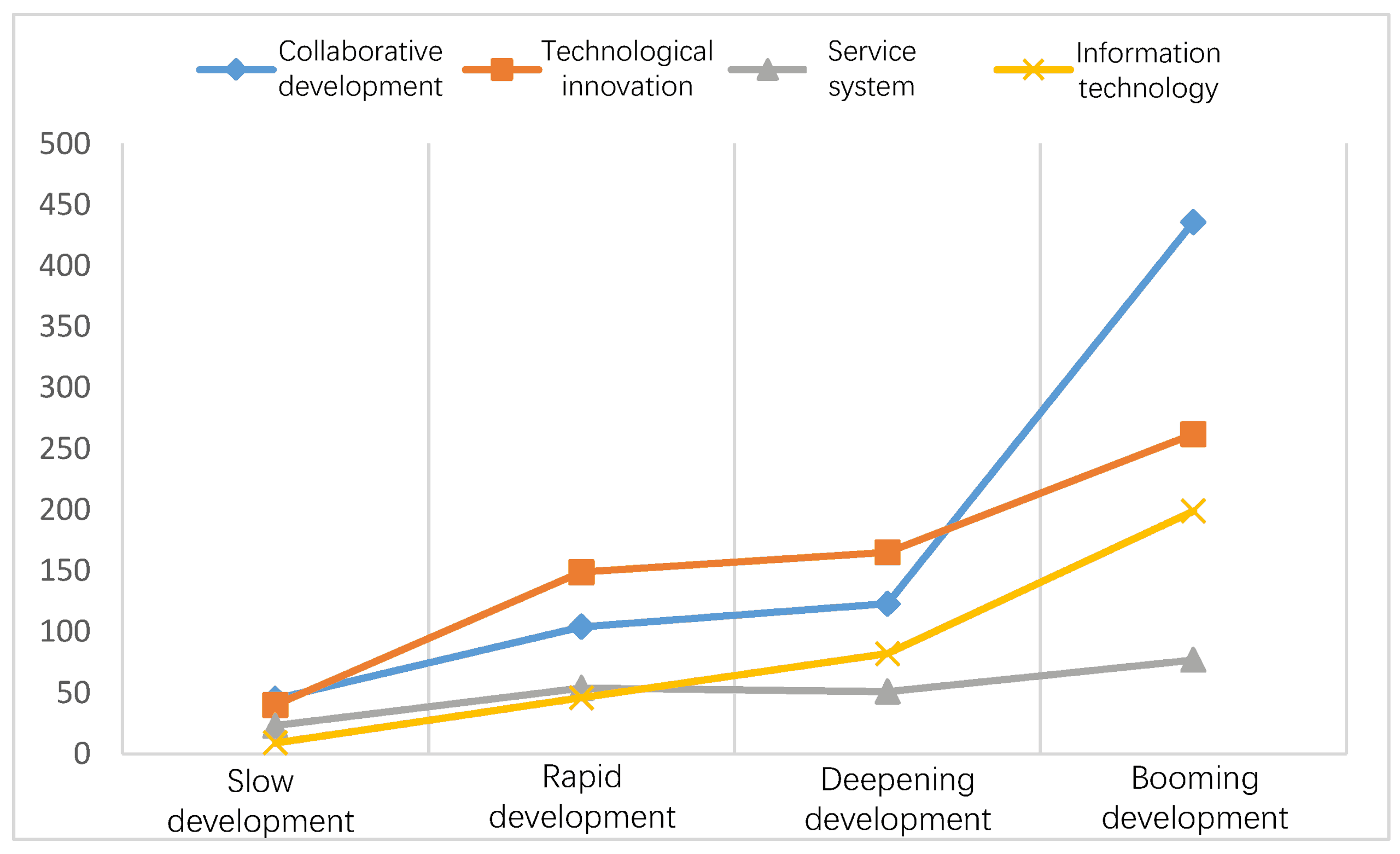China Signals Openness to Collaboration in Business Sectors

China has expressed a renewed openness to trade negotiations with the United States, emphasizing that “the door for talks is wide open” amid ongoing tariff disputes. This statement comes in response to U.S. President Donald Trump’s recent comments suggesting a potential reduction of tariffs on Chinese imports, which have reached as high as 145 percent. The escalating trade tensions have raised concerns about global economic stability, but China’s latest remarks indicate a willingness to engage in dialogue to resolve these issues.
China’s Call for Dialogue
During a press briefing, Chinese foreign ministry spokesperson Guo Jiakun reiterated Beijing’s preference for dialogue over confrontation. He stated, “We do not wish to fight, nor are we afraid of fighting,” highlighting China’s readiness to negotiate while also warning against coercive tactics. Guo emphasized that seeking cooperation while applying pressure would be counterproductive. This statement reflects China’s strategic approach to de-escalation, suggesting that they are open to discussions but on their own terms. The ongoing tariff war has created significant economic uncertainty, and China’s willingness to engage could be a crucial step toward resolving the conflict.
Trump’s Shift in Tone
President Trump recently indicated a softer stance on tariffs, suggesting that the current 145 percent rate on Chinese imports would be significantly reduced. Speaking from the Oval Office, he acknowledged the high tariff rate and stated, “It’ll come down substantially.” Trump emphasized the importance of reaching a deal with China, asserting that cooperation is essential for future trade relations. His comments followed a warning from Treasury Secretary Scott Bessent, who described the current trade standoff as “untenable.” This shift in tone from the U.S. administration may signal a potential thaw in relations, although formal negotiations have yet to commence.
Impact on Global Markets
The ongoing trade tensions have left markets on edge, with fears that prolonged hostilities could lead to deeper financial instability worldwide. However, following Bessent’s remarks and Trump’s indications of a possible tariff reduction, U.S. stock indexes saw a positive response, rising over 2%. Investors appear hopeful that easing tensions between the U.S. and China could pave the way for a more stable economic environment. While over 100 countries have expressed interest in new trade deals following Trump’s global tariff announcement, China has not yet joined this list, indicating that negotiations may still be a way off.
Current Tariff Landscape
The trade conflict has resulted in significant tariffs, with the U.S. imposing a 145 percent duty on various Chinese imports, while China has retaliated with 125 percent tariffs on U.S. goods. Certain items, such as smartphones and semiconductors, are exempt from these tariffs, but a 20 percent blanket tariff related to fentanyl concerns remains in place. As both nations navigate these complex trade dynamics, the potential for a resolution hinges on their ability to engage in constructive dialogue and find common ground.
Observer Voice is the one stop site for National, International news, Sports, Editor’s Choice, Art/culture contents, Quotes and much more. We also cover historical contents. Historical contents includes World History, Indian History, and what happened today. The website also covers Entertainment across the India and World.
Follow Us on Twitter, Instagram, Facebook, & LinkedIn

